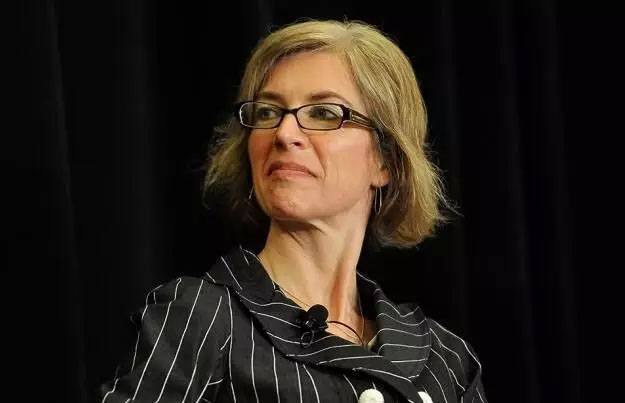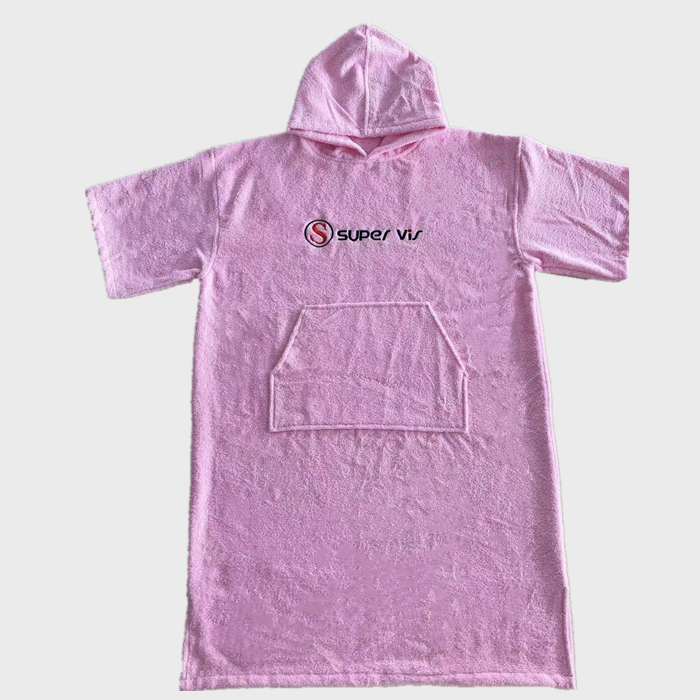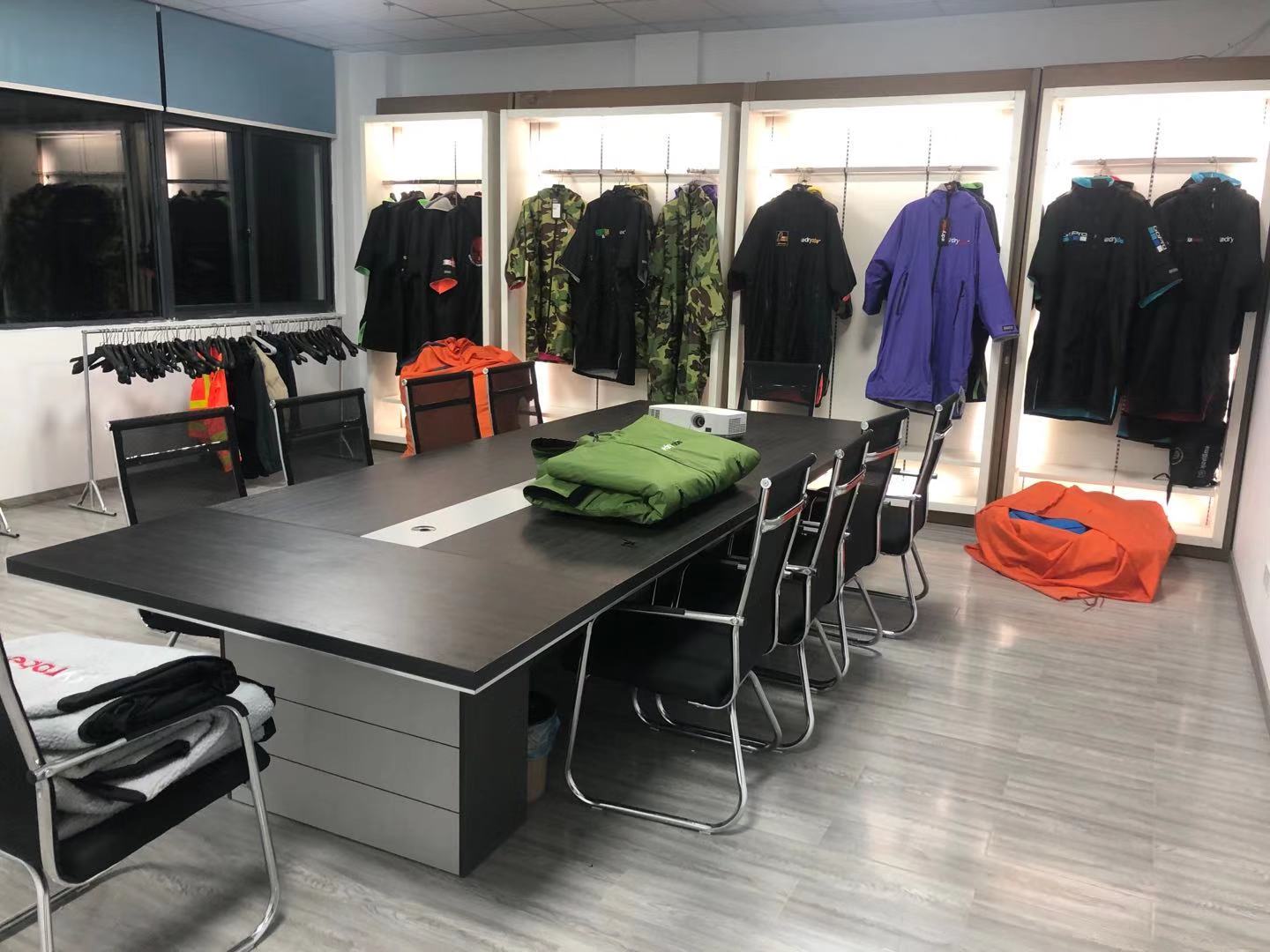Last week, the US Patent and Trademark Office (USPTO) ruled on the patent dispute of the CRISPR gene editor: Zhang Feng and others at the Broad Institute can retain their patent for using CRISPR-Cas9 in eukaryotes, which is for the University of California at Berkeley. It was a heavy blow. They submitted their own patents and hoped to get Broad out.
The event can be traced back to 2012. The patent battle began in 2012, when Dougna, a researcher at the University of California at Berkeley, and Charpentier, a researcher at the University of Vienna, and colleagues described how to use CRISPR-Cas9 to isolate DNA. Precision cutting; in 2013, the Zhang Feng team at the Broad Institute and many other teams showed how to edit DNA in eukaryotic cells such as plants, livestock and humans.
Berkeley applied for a patent first, but the USPTO granted the patent to the Broad Institute and maintained the result last week. The ruling involves high stakes, and key patent holders can earn millions of dollars from the application of CRISPR-Cas9 in industry. Currently, the technology greatly facilitates genetic research, and scientists are using it. Technology to develop disease-resistant livestock and human disease treatment.

But now the patent for CRISPR technology may not be over. Why do you say this? The following four reasons may be clearly stated.
1. Berkeley may continue to appeal
Berkeley has two months to appeal the USPTO's ruling, and of course they will do the same. A key question is why Berkeley is so confident in the patent battle. Once the patent is obtained, it means that the technology will cover the most profitable applications in the field of eukaryotic cells, such as the use of this technology to develop new crops or human disease therapies.
The Broad Institute's victory focuses on a key difference, that is, the patent details how the CRISPR technology can be used in eukaryotic cells, but Berkeley cannot clarify this, which is why the USPTO will determine the findings of both parties. There is no conflict. Berkeley researchers will speak soon after the ruling, and if they get the patent in the current state, the use of CRISPR-Cas9 will cover any cell, that is, anyone wants to sell using CRISPR-Cas9 If you manufacture a product, you will need permission from Berkeley and the Broad Institute.
Some patent scholars have said that the details of the USPTO ruling also weaken the idea of ​​Berkeley researchers pushing the technology in eukaryotic cells. Many of the USPTO 50-page ruling reports have proved that CRISPR-Cas9 is in eukaryotic cells. Applications (described in the Broad Institute patent) require additional innovation in addition to the Berkeley patent application; therefore Berkeley feels they must also appeal, and their intellectual property has been awarded multiple Companies that conduct CRISPR-Cas9 technology research in eukaryotic cells are also reluctant to pay Broad's corresponding patent royalties.

Good supplier for women bath robe, waterproof dry robe, customized logo bath robe, adult bath robe,kids bath robe, safety jacket, winter jacket, waterproof dry robe and etc.
Features:
1. We are factory directly supplier
2. support customized logo
3. support delivery by sea, by air


Women Bath Robe,Cotton High Quality Hooded Surf Poncho,Women Hotel Bath Robe,Women Bath Robe For Sale
Suzhou Golden Gamrnet MFG Co.,Ltd , https://www.suzhoumfg.com
